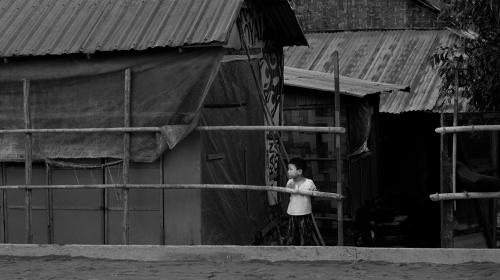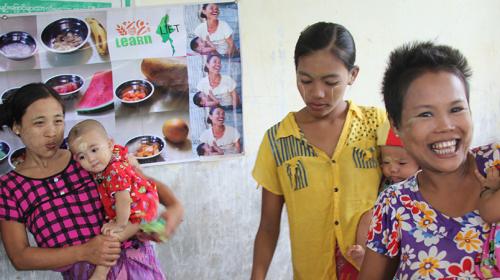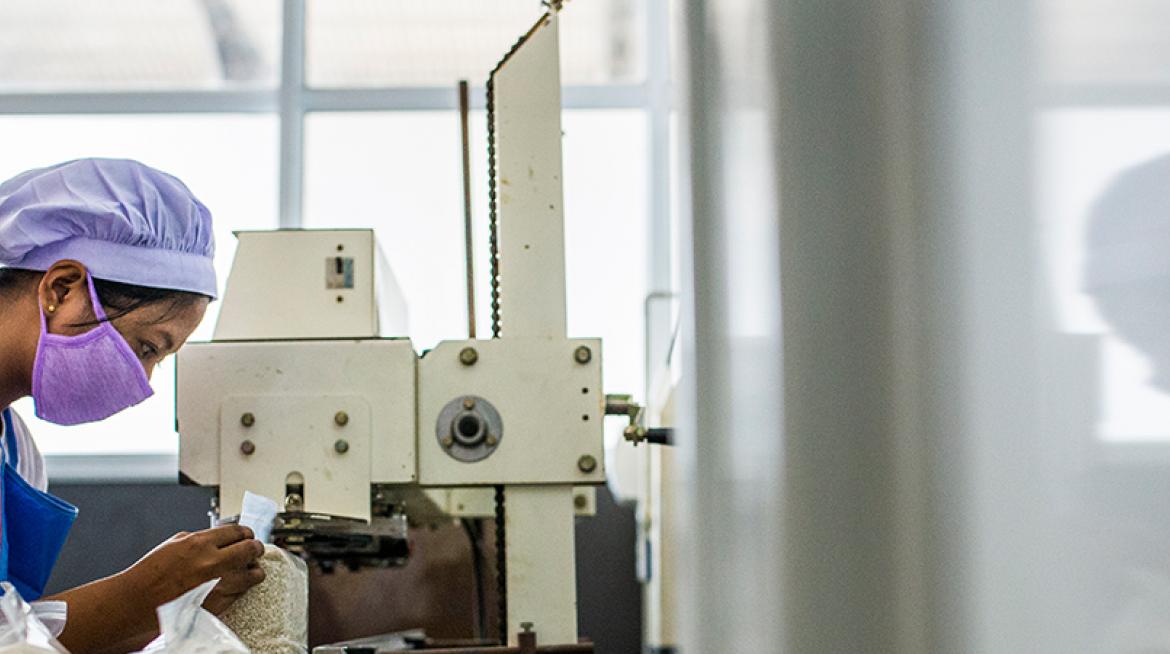
May Thet Khaing is a laboratory technician at the Food Industries Development Supporting Laboratory (FIDSL) in Myanmar. She and her team test food items such as fortified rice kernels for their micronutrient composition. “In Myanmar, malnutrition and micronutrient deficiencies are serious health concerns,” she says. A good way to improve nutrition and well-being is in fact to enrich rice, a common staple food, with essential vitamins and minerals (iron, zinc, folic acid, and vitamins A, B1, B3, B6, and B12), and ensure that each kernel has the right nutrient composition.
In Myanmar, malnutrition and micronutrient deficiencies are serious health concernsMay Thet Khaing, Laboratory Technician
Through technical support from LIFT’s partner PATH, FIDSL is now able to test food items for micronutrients locally in Myanmar, rather than relying on expensive overseas technology. Strengthening and improving food safety and quality of local foods is important for the health and nutrition of all people. In the future, FIDSL will also work more broadly on food safety, such as ensuring that local food products are free from pesticides and toxins, under the Myanmar Food Processors and Exporters Association. PATH has also started its engagement with the National Nutrition Center’s laboratory under the Ministry of Health and Sports to support its work on micronutrient analysis.
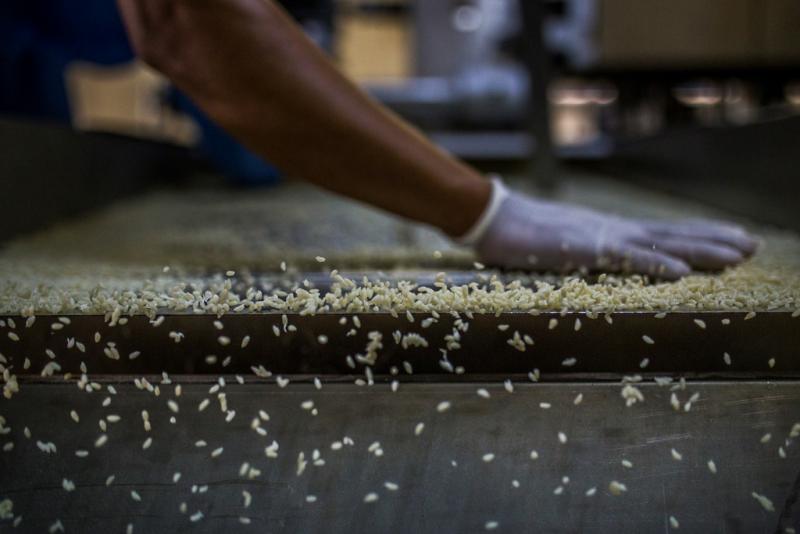
U Sein Thaung Oo, the Vice Chairman of the Myanmar Food Processors and Exporters Association, also said, “Working with an international non-profit organisation to strengthen lab capabilities was new for us, but turned out to be very fruitful. Food safety and the questions of quality assurance in the food industry are essential in Myanmar, and we’re glad to be contributing to this work.”
With 29 per cent of children (three out of 10) under five years of age being stunted, Myanmar’s stunting rates remain high in comparison to its Southeast Asian neighbours. As one of the least developed countries in the region, there are many causes of stunting. As rice is the main staple food in Myanmar, rice fortification is a good initiative to address stunting issues.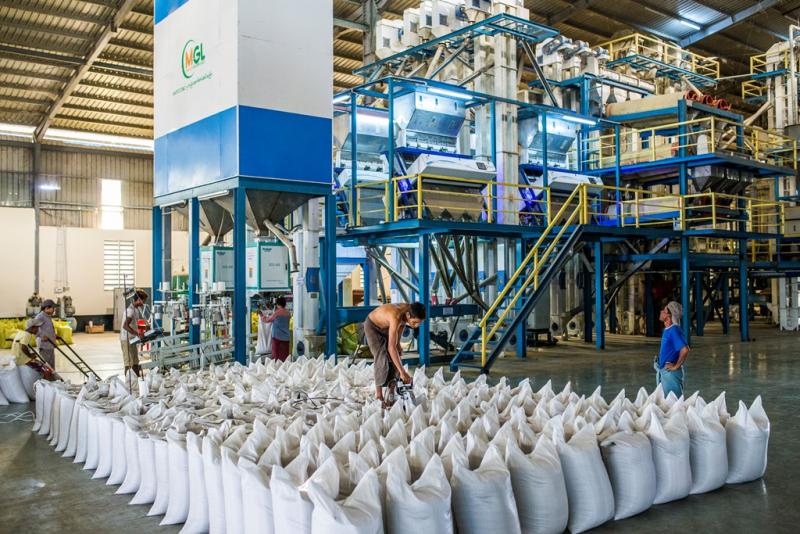
With LIFT’s financing, partners PATH and WFP, together with key stakeholders active in nutrition, work closely with the Ministry of Health and Sports, particularly with the National Nutrition Centre under the Department of Public Health and the Department of Social Welfare, Ministry of Social Welfare Relief and Resettlement in Myanmar to develop a rice fortification policy in Myanmar as well as produce and disseminate fortified rice across the country. Read more about the fortified rice projects via WFP and PATH.


